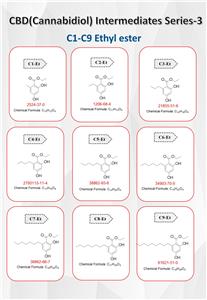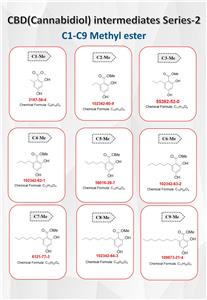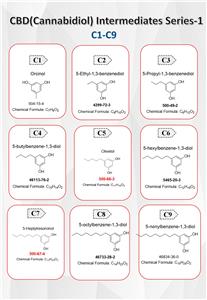-
0811-2021
Many countries are prioritizing health and climate change, but lack funds to take action
Countries have begun to prioritize health in their efforts to protect people from the impact of climate change, but only about a quarter of those recently surveyed by the World Health Organization have been able to fully implement their national health and climate change plans or strategies. Countries report that a lack of funding; the impact of COVID-19; and insufficient human resource capacity are major barriers to progress.
-
0311-2021
Urgent need for vaccine to prevent deadly Group B streptococcus
The global burden of Group B streptococcus is far higher than previously recognized, linked to over half a million preterm births annually, and leading to nearly 100,000 newborn deaths, at least 46,000 stillbirths, and significant long-term disability. Although the bacterium is harmless for most pregnant women who carry it, it can be extremely serious when it passes to babies during pregnancy, childbirth or in the early weeks of life. New vaccines are urgently needed to reduce deaths associated with Group B strep and protect the lives and health of infants around the world.
-
2910-2021
New ACT-Accelerator strategy calls for US$ 23.4 billion international in for COVID-19 vaccines, tests & treatmentsvestment
New ACT-Accelerator strategic plan sets out urgent actions to address crucial gaps in access to COVID-19 tests, treatments, vaccines and personal protective equipment in low- and middle-income countries, using the latest epidemiological, supply and market information.
-
2710-2021
Top economists call for radical redirection of the economy to put Health for All at the centre in the run-up to G20
The COVID-19 Pandemic has brought into focus the stark reality of the large and growing inequities across the globe in access to health care and health products: for every 100 people in high-income countries, 133 doses of COVID-19 vaccine have been administered, while in low-income countries, only 4 doses per 100 people have been administered.
-
2110-2021
WHO launches women’s health chatbot with messaging on breast cancer
WHO has launched a new interactive chatbot on women’s health. The first set of messages to be included relates to breast cancer, in time for Breast Cancer Awareness Month, observed in October every year.
-
1910-2021
WHO’s 7 policy recommendations on building resilient health systems
COVID-19 has had a wide-ranging impact on all areas of society, leading to setbacks in health gains and efforts to achieve universal health coverage (UHC). The diversion of health system resources to address COVID-19 care led to a protracted disruption of essential health services. New barriers to accessing health care, such as restricted movements, reduced ability to pay and fear of infection, have posed additional and unprecedented challenges in many countries.
-
3008-2021
https://www.who.int/news/item/27-08-2021-moving-towards-digital-documentation-of-covid-19-status
Vaccination certificates are nothing new. They are health documents that record a vaccination event - traditionally as a paper card - with key details including the date, product and batch number of the vaccine administered.
-
2008-2021
Statement by Principals of the Inter-Agency Standing Committee (IASC) on Afghanistan
The people of Afghanistan need our support now more than ever. Our organizations are committed to helping and protecting them. We will stay in Afghanistan and we will deliver.
-
1008-2021
Fraudulent “COVID-19 Compensation Lottery Prize” scam, falsely alleges association with WHO and others
The World Health Organization (WHO) has been made aware of correspondences being circulated by scammers (acting under the name of Capital Finance, Inc. London), falsely notifying recipients of such correspondences that they have been selected as a beneficiary/winner of a US$1 million lottery compensation prize payment for losses and damages suffered as a result of the COVID-19 pandemic.
-
2207-2021
Vaccine inequity undermining global economic recovery
New Global Dashboard on COVID-19 Vaccine Equity finds low-income countries would add $38 billion to their GDP forecast for 2021 if they had the same vaccination rate as high-income countries. Global economic recovery at risk if vaccines are not equitably manufactured, scaled up and distributed.




